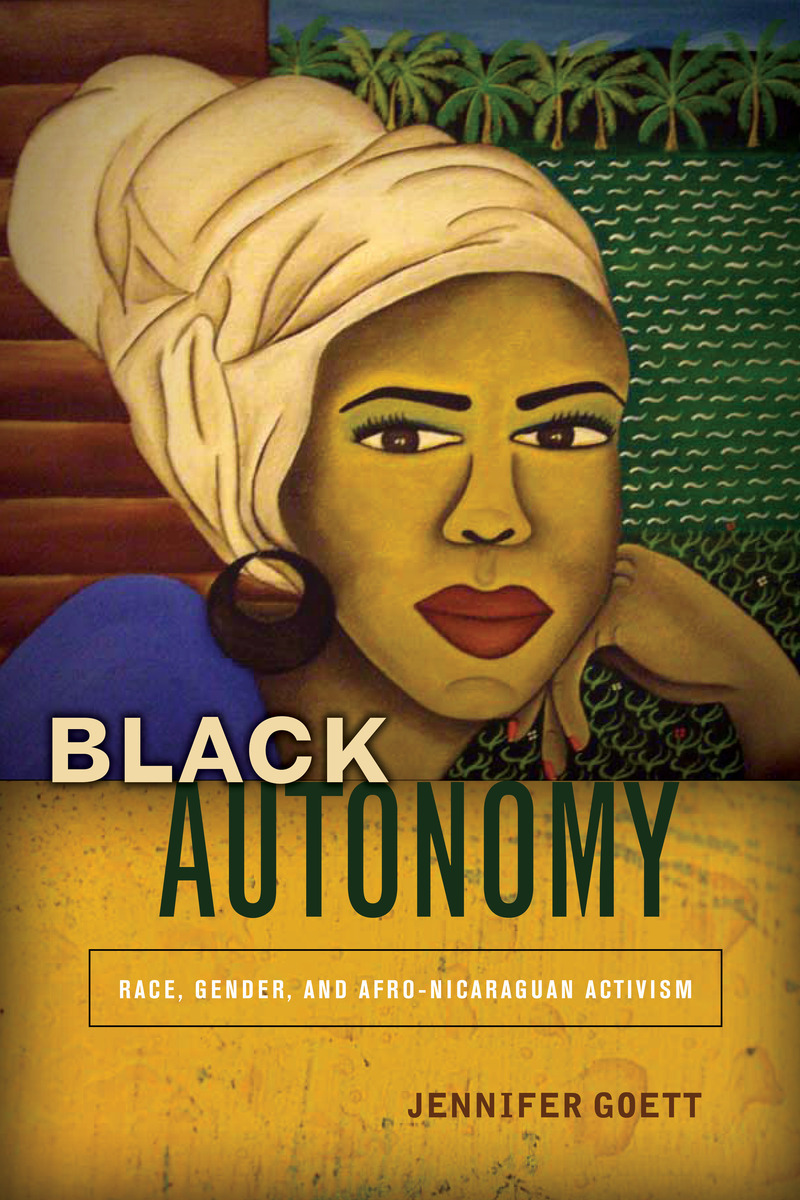Book Reviews: Machado de Assis: Multiracial Identity and the Brazilian Novelist [Geiger Review]Posted in Articles, Biography, Book/Video Reviews, Brazil, Caribbean/Latin America, Literary/Artistic Criticism, Media Archive on 2016-12-18 02:21Z by Steven |
Book Reviews: Machado de Assis: Multiracial Identity and the Brazilian Novelist [Geiger Review]
Comparative Civilizations Review
Volume 75, Number 75, Fall 2016
Article 11
pages 125-126
Pedro Geiger
G. Reginald Daniel, Machado de Assis: Multiracial Identity and the Brazilian Novelist University Park, Pennsylvania: The Pennsylvania University Press, 2012
The long and excellent book by Reginald Daniel, Machado de Assis, of 338 pages, focuses on two related issues. One deals with racial questions in the USA and in Brazil, detailing their historical development.
Racial problems were established in both countries by the encounter of the European colonization with the prior Colombian population and by the colonial introducing of African slaves in the American continent. The book deals with the behavior and the perceptions of the racial issue by the different social sectors of the American and of the Brazilian societies, and with the evolution of the legal policy measures taken by both states in regard to it. Brazil has earned the reputation of being a racial democracy for the reason of not having had legalized social barriers based in race. However, discrimination among sectors of the population existed and still exists there.
The opportunity of dealing with racial questions was taken by the author to cover with accurate studies the full Brazilian history. Based on a large and good bibliography, he discusses a wide variety of themes, comparing interpretations of known Brazilian historians, like the ones made by the Marxian Caio Prado Júnior with the ones made by the Weberian Raymundo Faoro, or describing cultural traits brought by the slaves (like their religions), how they influenced Brazilian culture, and how they were treated by the government institutions.
The second theme of the book deals with the Brazilian novelist Machado de Assis (1839- 1908) an icon of Brazil’s literature and the founder of the Brazilian Academy of Letters. The linkage between the two themes treated in the book is the fact that, like Reginald Daniel, Machado de Assis had an African ancestry…
Read the entire review here.


